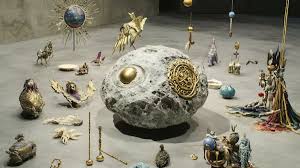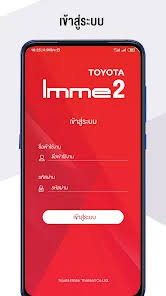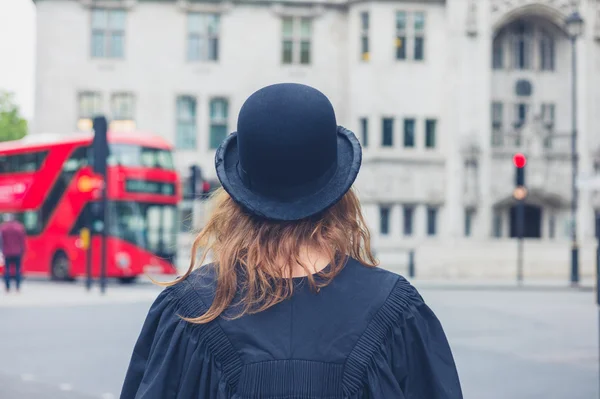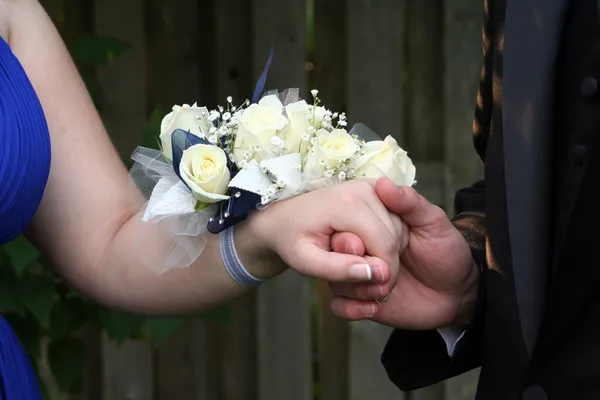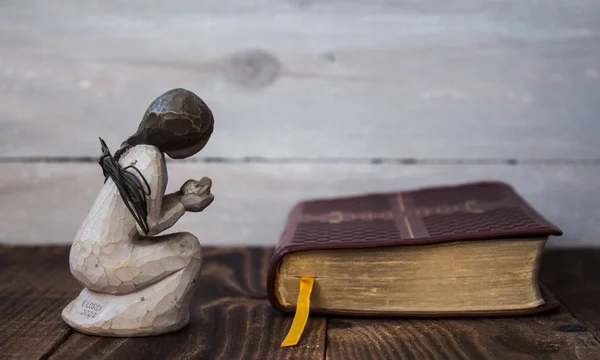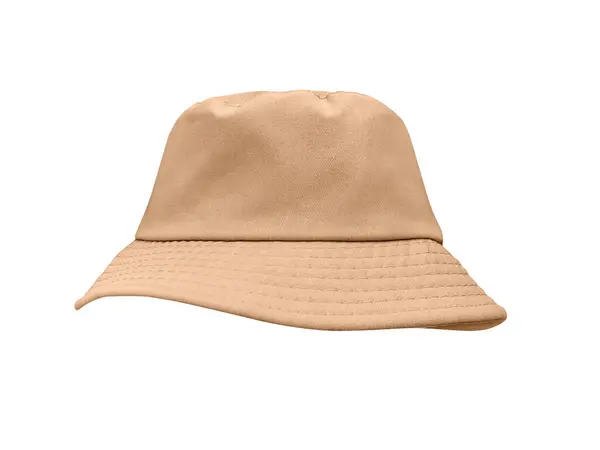
The kufi is a timeless piece of headwear deeply rooted in tradition and culture. Recognized as a brimless, rounded cap, it is often associated with Islamic, African, and African-American communities. The kufi serves as a symbol of respect, religious devotion, and cultural pride, embodying values that transcend its simplicity.
What Is a Kufi? Understanding Its Basics
It is commonly worn during religious practices, cultural ceremonies, and even daily life. Its lightweight design makes it versatile and comfortable, and its adaptability allows it to be worn with both traditional and modern attire.
Key Characteristics of the Kufi
- Design: A rounded, snug fit that symbolizes humility and devotion.
- Materials: Crafted from cotton for everyday use, wool for warmth, and embellished fabrics for ceremonial wear.
- Usage: Worn by men of various faiths and cultural backgrounds to symbolize spirituality, respect, and cultural identity.
The Historical Journey of the Kufi
The kufi’s history is as diverse as the cultures that embrace it. Its origins can be traced to Africa, where it was a symbol of maturity, wisdom, and respect. The word “kufi” is derived from “Kufiya,” referencing traditional headwear in the Middle East. Over centuries, it became a significant part of Islamic traditions and African-American culture.
Evolution of the Kufi
- In Africa: The kufi has been a cultural symbol representing maturity and respect. It is often worn during important ceremonies such as weddings and festivals.
- In Islam: The kufi became a mark of faith and humility, often worn during prayers and religious gatherings to show devotion to God.
- In African-American Culture: The kufi represents a connection to ancestral heritage and cultural pride. It became a prominent symbol during the civil rights movement, emphasizing identity and unity.
Cultural and Religious Significance of the Kufi
The kufi is more than just a hat; it embodies deep cultural and religious significance. In Islam, wearing a kufi during prayer signifies humility and dedication. For African communities, the kufi is a cultural emblem of pride and unity. African-American communities have embraced the kufi as a powerful representation of their roots and resilience.
Why the Kufi Matters
- Spiritual Symbolism: The kufi represents humility, faith, and devotion in Islamic traditions.
- Cultural Identity: In African cultures, it symbolizes heritage and community pride.
- Fashion Statement: While rooted in tradition, the kufi has found its place in modern fashion, blending heritage with style.
Types of Kufi Hats and Their Uses
Kufi hats come in a variety of styles, each reflecting specific cultural or religious contexts. These variations ensure the kufi can be worn for both everyday purposes and special occasions.
Popular Kufi Styles
- Plain Cotton Kufi: Lightweight and breathable, perfect for daily wear.
- Embroidered Kufi: Features intricate designs, often worn during celebrations and religious gatherings.
- Wool Kufi: Provides warmth and is ideal for colder climates.
- Ceremonial Kufi: A richly decorated cap, reserved for significant events like weddings or cultural festivals.
Each style offers wearers a way to express their individuality while honoring their traditions.
How to Wear and Style a Kufi Hat
Wearing a kufi is a simple yet meaningful act. Whether you’re donning one for a religious event, cultural ceremony, or casual outing, it carries a message of respect and identity. Styling a kufi depends on the occasion and the wearer’s personal preference.
Tips for Styling a Kufi
- Pair a plain kufi with everyday attire for a subtle, meaningful look.
- Match an embroidered kufi with traditional outfits like dashikis or thobes for festive occasions.
- Combine a ceremonial kufi with formal wear to create a sophisticated appearance.
- Embrace modern trends by pairing a kufi with casual attire, blending tradition with contemporary fashion.
FAQs
What is a kufi?
A kufi is a brimless, rounded cap worn by men in Islamic, African, and African-American communities. It symbolizes faith, respect, and cultural pride.
What is the significance of the kufi in Islam?
In Islam, the kufi is a sign of humility and devotion, often worn during prayers and religious gatherings.
Can anyone wear a kufi?
Yes, kufis can be worn by anyone, but it’s important to respect their cultural and religious significance.
What materials are kufis made from?
Common materials include cotton, wool, and embroidered fabrics, each suited for different purposes and occasions.
How do you style a kufi for modern fashion?
Style a kufi with casual or traditional attire, using embroidered or ceremonial kufis for formal events to create a unique, respectful look.
